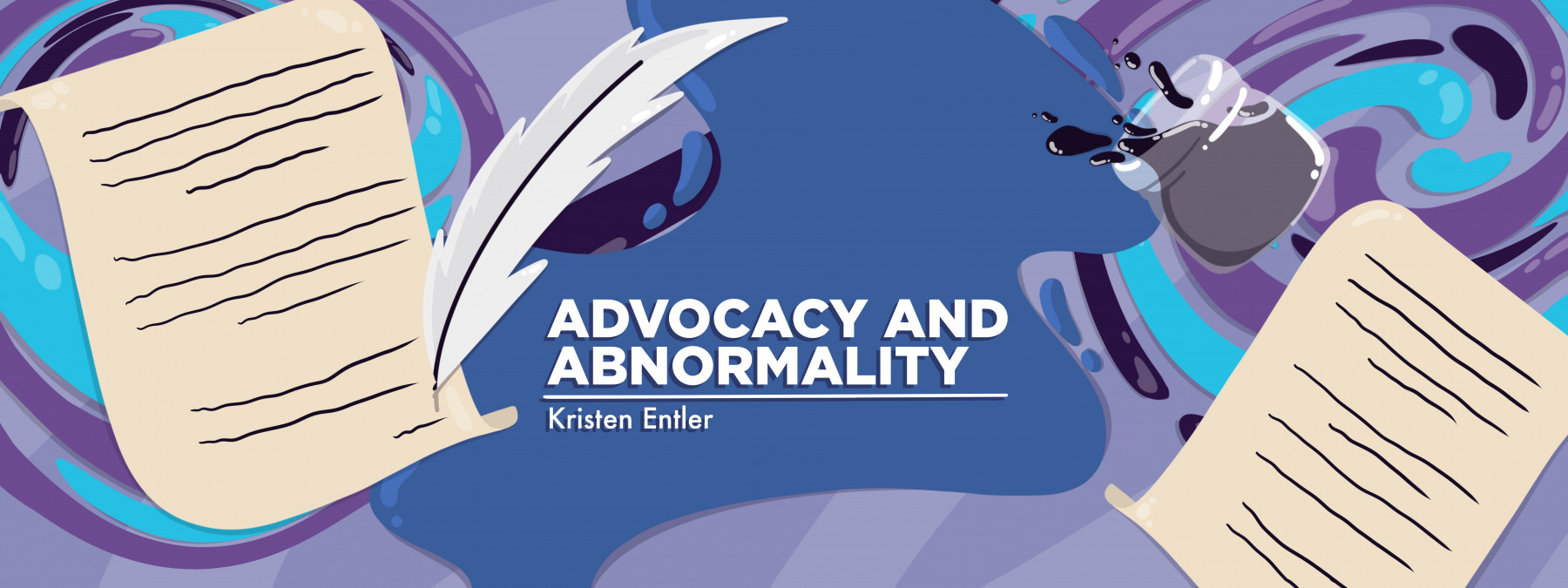I’m Learning to Accept My Body’s Sleep Cycle

“Do all my friends hate me? Or do I just need to get some sleep?”
Stand-up comedian John Mulaney’s punchline cuts through the hum of nearby tree frogs. The light from the TV casts a blue glow on my apartment’s white walls, and the volume is set to a whisper to avoid awaking my partner sleeping in the next room. Trouble sleeping is not an uncommon problem among cystic fibrosis (CF) patients, as I can attest.
When I was 17, I was placed back on a high-dose steroid regimen to fight an Aspergillus infection I’d been struggling with off and on for the better half of a decade. This wrecked my sleep cycle, and for the first time in my life, I’d wake up every night between 1 and 3 a.m., unable to fall back asleep for several hours. I tossed and turned for hours before deciding instead to use the time to be productive and catch up on my “to-read” pile.
I am no longer on prednisone and antifungals, and Trikafta (elexacaftor/tezacaftor/ivacaftor) has been holding my health steady, but I still can only manage to sleep in four-hour intervals. This means I wake up every night around 2 a.m. Some nights I eventually fall back asleep. Other nights, like tonight, I’m still awake at 5 a.m.
While how many hours of sleep a person needs varies from person to person, what doesn’t vary is the consequences of sleep deprivation, which can range from moodiness to severe depression.
I’ve talked to psychologists and doctors about a medication that can keep me asleep without leaving me with a drowsy sleep-aid hangover the next day. I’ve learned about sleep hygiene and have taken melatonin. But after years of trying to fix the problem, I’m still left staring at the ceiling, wide awake at the witching hour.
When my lungs are in a flare-up, I often wake up coughing. I suspect the years of my body jolting out of a deep sleep from a clot of mucus dislodging has created a sort of psychological knee-jerk response to sleep. Almost like my brain has trained itself to distrust my body to make it through the night.
Over the years, I’ve learned to accept my body’s sleep cycles for what they are and have given up worrying about my trouble sleeping. This has made me more productive because I have more time to read and write, catch up on emails, and grade student papers. And it frees me up later for having time for myself. Maybe I’ll use it to take a nap.
***
Note: Cystic Fibrosis News Today is strictly a news and information website about the disease. It does not provide medical advice, diagnosis, or treatment. This content is not intended to be a substitute for professional medical advice, diagnosis, or treatment. Always seek the advice of your physician or other qualified health provider with any questions you may have regarding a medical condition. Never disregard professional medical advice or delay in seeking it because of something you have read on this website. The opinions expressed in this column are not those of Cystic Fibrosis News Today, or its parent company, Bionews, and are intended to spark discussion about issues pertaining to cystic fibrosis.









Leave a comment
Fill in the required fields to post. Your email address will not be published.